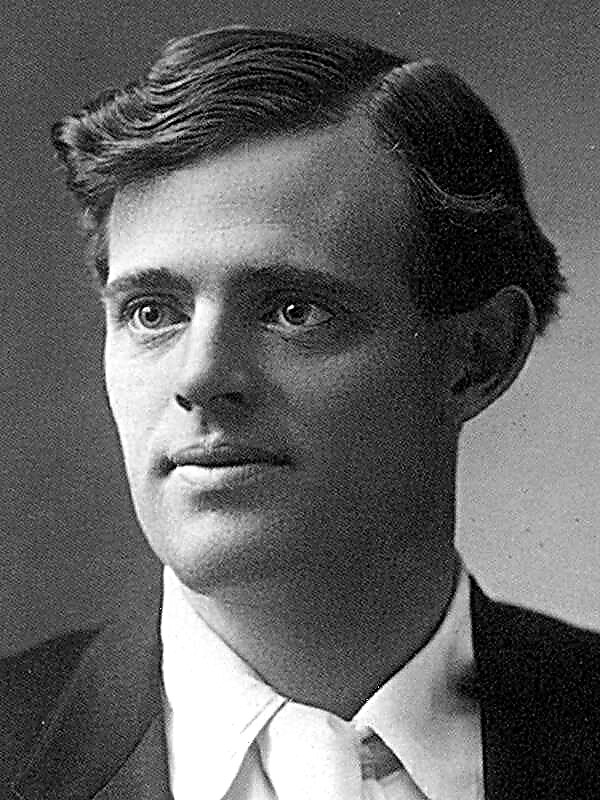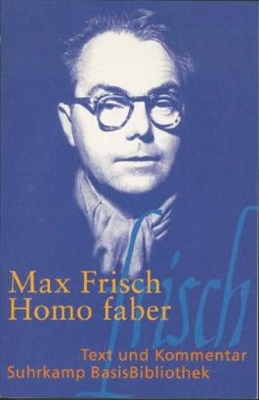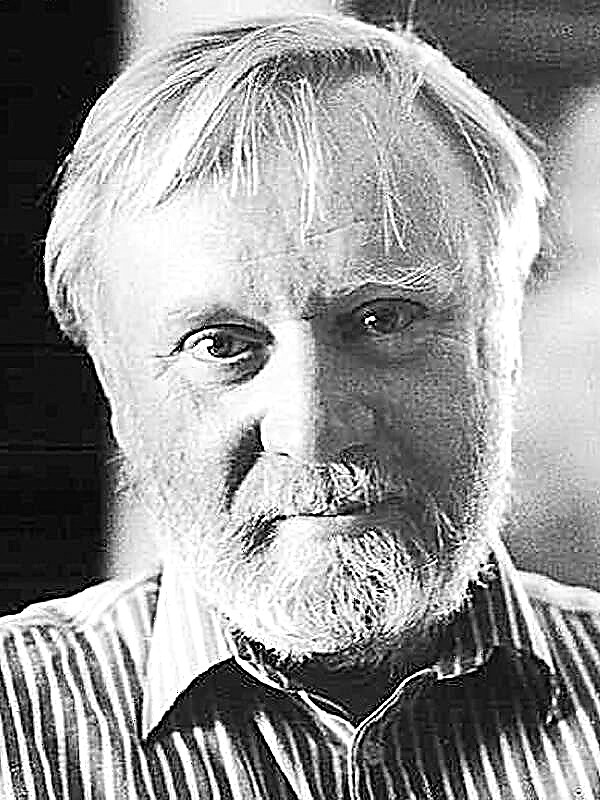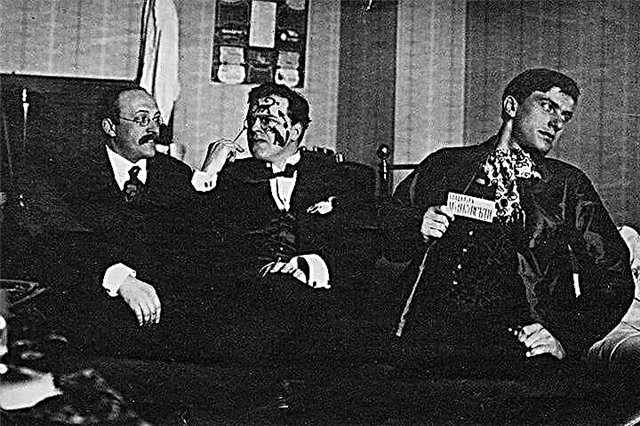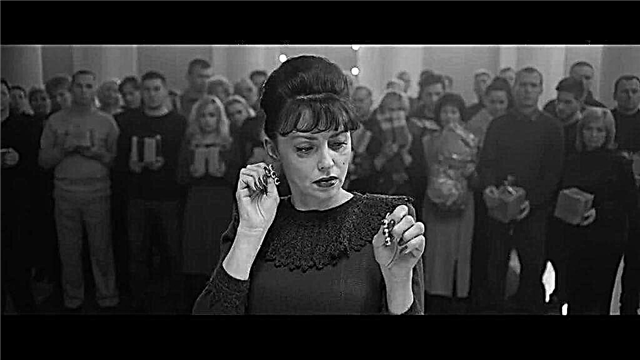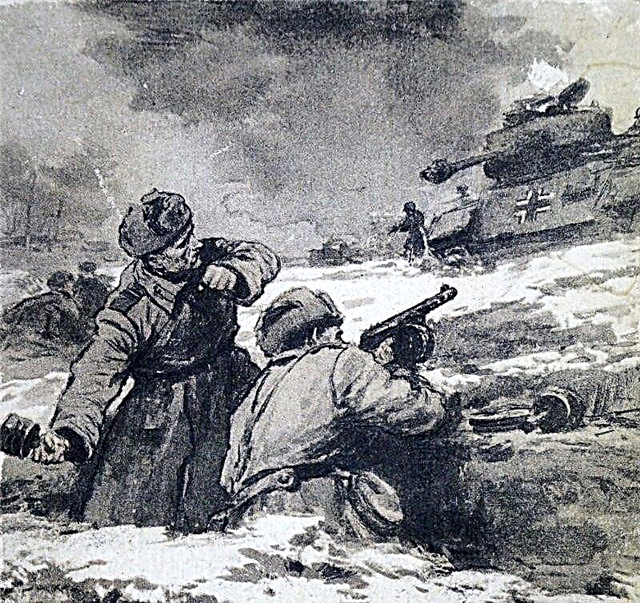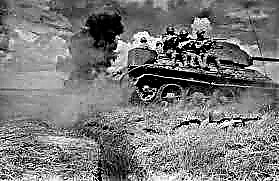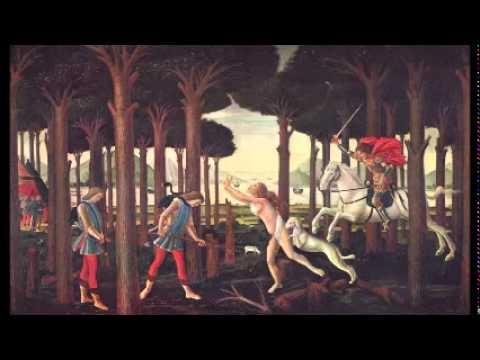(307 words) “So far, only one undeniable truth has been said about love, namely that“ this secret is great, ”wrote Chekhov in one of his brilliant stories dedicated to one of the most amazing and, at the same time, conflicting feelings constituting one of the mysteries of human existence.
Much has been written about love, and Chekhov, as a true master, could not ignore a theme so rich in images. The author’s psychological prose raises problems of a general philosophical nature, painting before the reader the life of an individual, full of deep and often touching feelings. Preferring small genres, Chekhov seeks to show the world of an ordinary character in the context of the most natural and, it would seem, ordinary events. And in this simplicity is the true beauty of life!
The artistic system of images of Anton Pavlovich is called the “iceberg”: human tragedy is always hidden behind the simplicity of the plot. His hero is an ordinary person, subject to the influence of the crowd. But Chekhov’s love is a completely natural feeling, in many ways “ordinary”, so each of his heroes has his own story of feelings. The characters of his love stories are people stuck in the routine of life, driven by habit and false ideas, who ultimately win in the fight against sincere feelings. The "futuristic" existence determines their choice and destroys love. So, in the story "On Love" Alekhine refuses love for fear of disrupting the usual course of life. His meeting with Anna Alekseevna is a timid gift of fate, a chance to change a meaningless lifestyle. But convenience and comfort become the main argument against even a strong, but such unbridled feeling that does not fit in the cherished case. Chekhov's love prose is confessional: the heroes open their hearts to random interlocutors, trying to discover understanding and sympathy. Internal dissatisfaction, longing for the failed proximity always torment the characters, but not so much as to give way to a life-giving feeling.
The attitude of readers to Chekhov’s heroes is always vague: on the one hand, spiritual cowardice causes irritation and rejection, on the other hand, pity and longing for unfulfilled ones. His works leave the question of the true purpose of life open, giving everyone the right to their own choice, similar or different from the choice of Chekhov's heroes.


